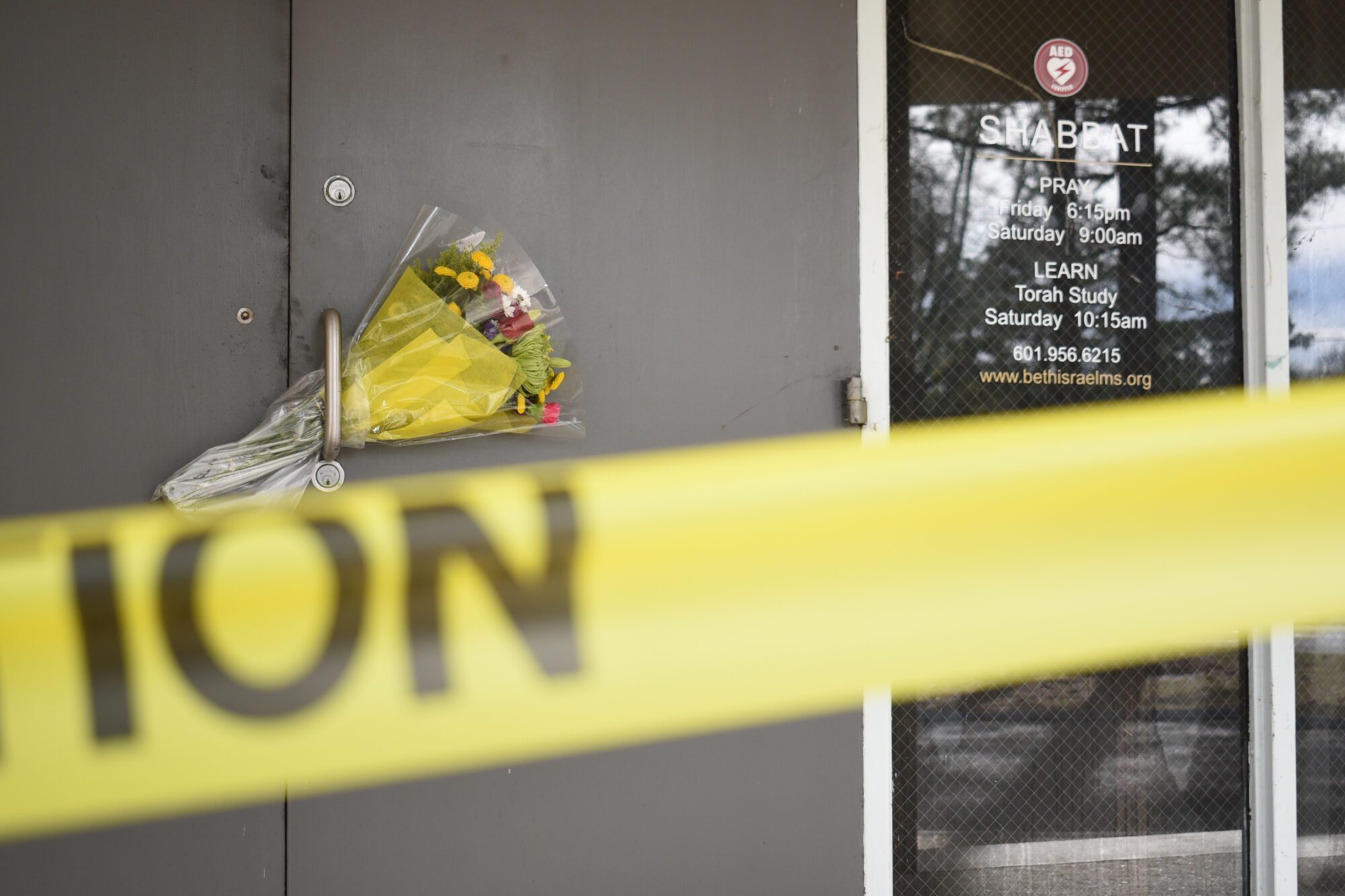
The clock is ticking for Mississippi lawmakers to address the prison crisis that has been unfolding under the watchful eyes of the federal government. President Trump’s Department of Justice launched an investigation into the prison system last year, and the state is likely to remain in Joe Biden’s crosshairs if it does not act to reduce its prison population this legislative session.

From one conservative southern state to another: this is not a place you want to be.
DOJ launched an investigation into the Alabama prison system in 2015, and filed a lawsuit in 2020. As a result, taxpayers in my home state will be forced by unelected federal judges to foot the bill for more than 500 additional corrections officers and $3 billion in new prisons. Worst of all, these costly measures have been like putting a bandaid on a broken leg.
Mississippi now faces a similar challenge, with an even higher rate of incarceration. The solution isn’t a federal consent decree or increased spending. Rather, Mississippi can safely lower the high imprisonment rate by reducing the number of people serving long prison terms because of extreme sentences and limits on parole eligibility. The outdated laws that got Mississippi to this place are costing taxpayers, denying incarcerated people a chance at redemption, and not protecting public safety.
Mississippi has the second-highest imprisonment rate in the country and the state spends $360 million on the prison system each year. More than 100 incarcerated people have died in Mississippi prisons since December 2019. This is a far cry from the conservative principles of liberty, limited government, and accountability.
If lawmakers don’t act soon, Mississippi will almost certainly face the same fate as Alabama.
Fortunately, Mississippi lawmakers have identified common-sense reforms to help alleviate this crisis. House Bill 796 would eliminate mandatory life sentences for nonviolent convictions and allow people to be considered for parole if they are currently serving a life sentence for a drug or property crime. Reforming the state’s habitual penalties would bring Mississippi in line with other states like Louisiana and South Carolina.
As a former State Senator and now as the director of the Alabama Bureau of Pardons and Paroles, I’ve seen the importance of second chances. People are more likely to participate in rehabilitation programs, stay out of trouble, and focus on reentry when they know they will be given a fair shot at release.
That is why Mississippi should also expand parole eligibility that allows people to earn their way home. Expanding parole eligibility gives the Governor-appointed Parole Board the chance to consider more people for release after looking at the facts and receiving input from crime victims and law enforcement. It is a chance, not a guarantee of release. Senate Bill 2795 is a good start and extending parole eligibility to even more people would further reduce the state’s spending.
Mississippi simply cannot afford to delay any longer. Alabama had to learn this truth the hard way and we are paying a steep cost. The momentum for conservative criminal justice reform has never been stronger. The commonsense reforms in House Bill 796 and Senate Bill 2795 are an important step in the right direction and were already approved by many Republicans last session.
This year, lawmakers must finish what they started and Governor Reeves should sign legislation to reduce the prison population based on evidence and the wisdom of Mississippi’s elected officials rather than the whims of the federal government.
###
Submitted by Cam Ward. He is the current Director of the Alabama Bureau of Pardons and Parole. He previously served in the Alabama Legislature for nearly 20 years including nine years as the Chairman of the Senate Judiciary Committee.









